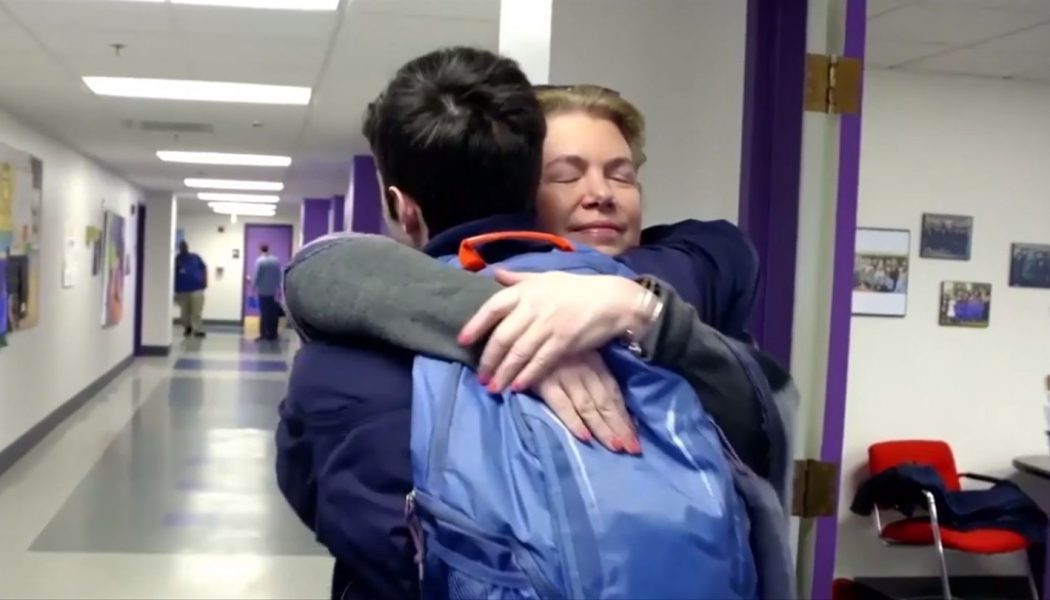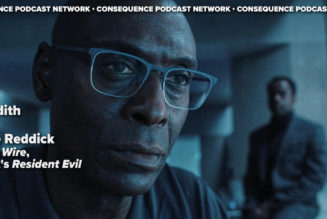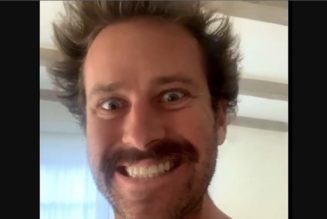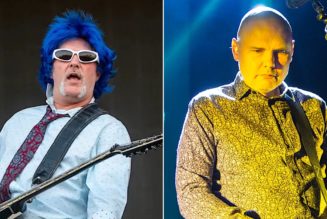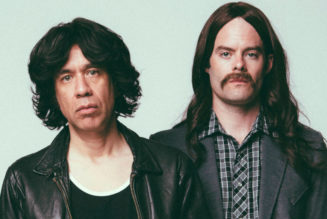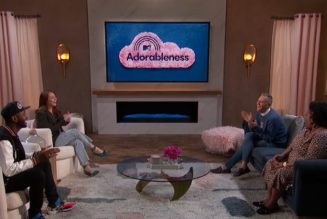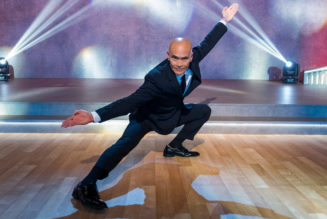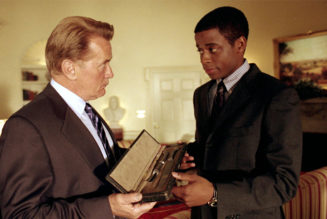
One out of seven young adults needs treatment for addiction — and MTV will present an unprecedented look at what it’s like to be 16 and Recovering.
The brand-new series (watch an extended look below) is premiering on September 1 — at the beginning of National Recovery Month — and will go inside the hallways of Northshore Recovery High School to showcase the lives of students and families’ paths to recovery as they are guided by faculty members. Principal Michelle Lipinski founded the school to create a safe and supportive community while placing a high value on education and accountability.
Steve Liss — executive producer and director of the four-part docu-series — spent one year with the Northshore community and recently spoke with MTV News about the experience. Prior to becoming a documentary filmmaker, Liss worked at Time for more than 20 years and has more than 40 covers to his credit. His work tells the stories of “people who are struggling,” and his primary goal is to capture “intimate stories about people whose stories may not have been told.”
Read MTV News’ interview with the Emmy nominee below, and watch the series beginning on Tuesday, September 1 at 9/8c.
When did you first learn about Northshore Recovery High School?
I first learned about the school right before I started filming. It was probably a couple of months of discussions. It’s located right around the corner from my own house. In all my years in journalism and all the experience that I brought to journalism, I knew this had the potential to be an excellent documentary subject. And from the moment that I met Michelle, I knew that there was a very powerful story here to tell.
It was a matter really of developing a level of trust [with Michelle], of understanding. Setting up some protocols so that we could do this. But Michelle was enthusiastic. She had to ask her staff whether they were willing to participate and then talk to the students.
Why did you want to tell the stories of the students and the faculty at Northshore?
These kinds of stories speak to the strongest elements of my life and my work. I’ve always been deeply concerned about issues affecting young people. They had to have an unfiltered voice, by my voice, wherever possible. I think they appreciated the fact that I was there for them. The problem in a project like this isn’t falling in love with [the students]; the problem isn’t befriending them. The problem is setting boundaries. The problem is, you want to take them all home, and you want to hug them and make everything better. But you can’t do that.
Describe Michelle and what she means to this community.
First of all, community is the right word. This school is because of her. The faculty that she’s assembled — almost every one of them has been there from the start. So you’re talking about people who have been there a decade. And the stress level is enormous. They’re not just teaching, they’re saving lives.
Michelle is a dynamo, I have tremendous admiration for her.
Describe your filming schedule and how long you were at Northshore.
It was a year. Occasionally, we would take time off … because we needed some time off — days off, not weeks off. Sometimes you had to use your judgement, because I would think that [the cast] would need a break from the camera. It’s a matter of sensitivity.
I was on my own, but most things at the school were pretty wide open. The access was virtually unlimited, with the understanding that the editing process would be handled sensitively. We weren’t there to exploit — we were there to help. It was very important to give them a voice and not manipulate. Nothing was staged.
They trusted me with their lives. I feel a tremendous responsibility. And Michelle would give me signals on when it was a good time to be there [and] when it wasn’t.
What are your hopes for viewers as they watch this documentary?
My hope is that young people watching this will understand that they’re not alone. That they’re not bad. That they’re not a loser. That they have a disease and that they can get better. And that they can get help.
What they are doing at Recovery High is something that communities can learn from, and that was another reason for us to make this documentary.
If you or someone you know is struggling with addiction, you are not alone, and help is available. For treatment options and other resources, visit 16andrecovering.com. If you need to talk to someone, call 800-273-8255 for a free, confidential conversation anytime.
